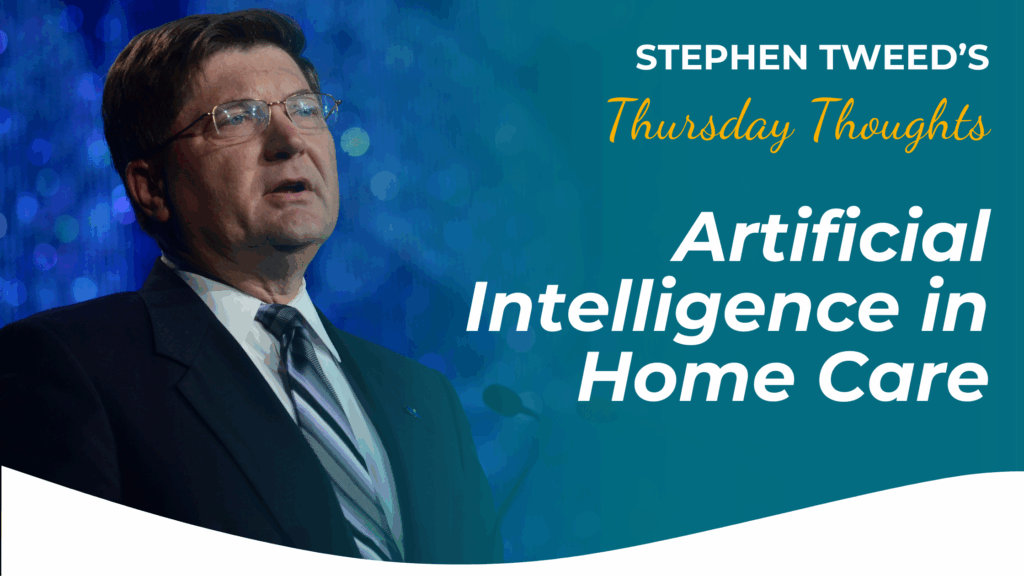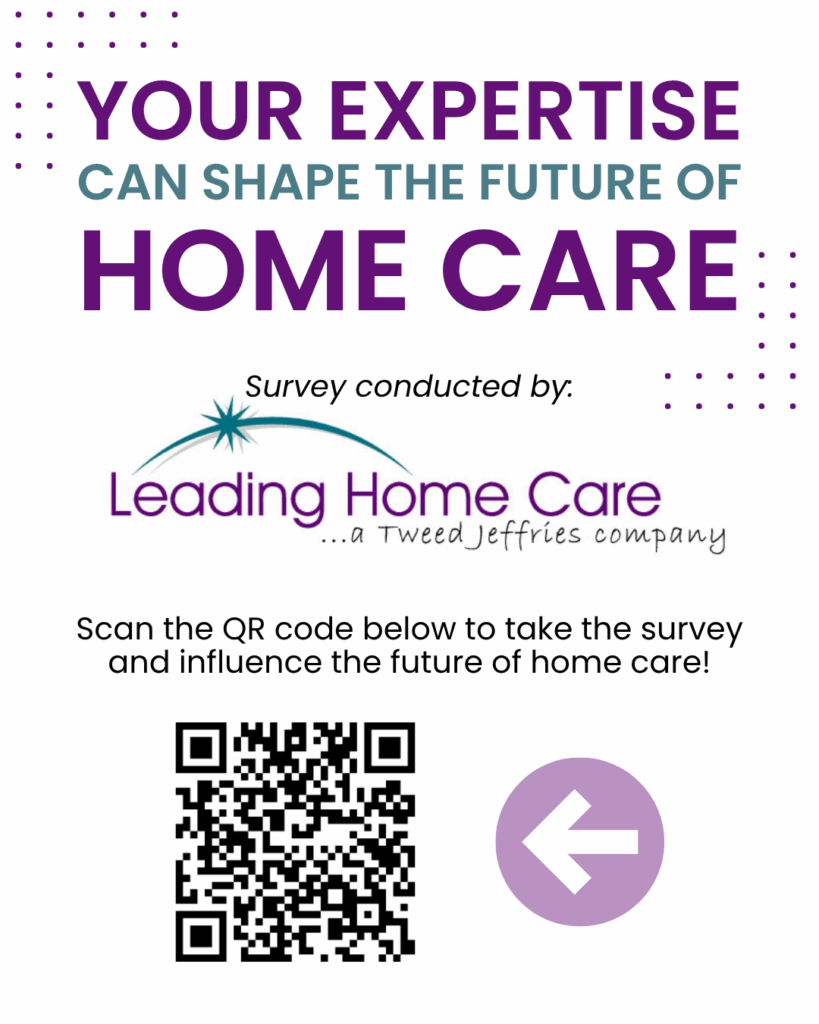Welcome back to the 2006 NAHC annual convention in Baltimore. Today’s session opened with the introduction of the winner of the Claude Pepper Award. President Val Halamandaris introduced the award winner, Governor Mitt Romney of Massachusetts.
Governor Romney opened with a fun joke from the speaking business. He said that Val called him and asked if he believed in “free speech.” The governor said that of course he did. Val said, ” Great, I’d like you to give one.” The crowded enjoyed it.
Then Governor Romney gave us four points for being and effective leader:
- Throw out conventional wisdom and come up with new answers
- Gather data
- Analyze the data and develop new perspectives
- Bring people around you who bring new perspectives
As an example, the Governor described how he approached the problem of the uninsured in Massachusetts.
The Problem: Many people are uninsured, and those who have insurance pay more to cover for those who don’t.
The Solution: Get everybody health insurance.
Problem: You can’t have the government provide universal health insurance. “If you think health care is expensive now, wait until it’s free.”
Governor Romney brought together a group of business and government leaders. They analyzed the data and explored new perspectives. They identified three types of people who don’t have health insurance. They thought they would find low income, minority, single mothers. Instead they found young, male, working adults. The three types of uninsured:
1. Young working males who qualified for Medicaid but had never applied. The solution was to set up a system to have them apply on the spot when they appeared for treatment.
2. The Middle Income. They make $54,000 to $70,000 per year, but choose not to buy health insurance because it was so expensive at about $400 per month. The solution was to remove insurance regulations that drove up cost and reduce the premiums to around $200.
3. The Working Poor. They make $15,000 to $55,000. The state helped them buy insurance through subsidies. The money came from funds that would have gone to hospitals to pay for care for the uninsured.
The next step was the “Personal Responsibility Principle.” This requires every single citizen to purchase health insurance as the state had removed the barriers to coverage. Now, if you show up at the hospital emergency room, there’s not excuse for not having health insurance to cover your care.
The state also reduced property taxes and provided tax credits for the elderly people who did not have sufficient health coverage. They also refocused the state mediaid program on providing the “least restrictive care,” which enabled many Medicaid recipients to have home care instead of going into a nursing home.
I was intrigued by Governor Romney’s examples because they cause me to rethink two main points:
1. The uninsured are not low income, minority, single moms, but rather middle income young males.
2. The concept of “The Personal Responsibility Principle” suggests that the government remove the barriers to buying health insurance, including subsidies for the poor. But then require that everyone purchase healthcare coverage to pay for their care.
What do you think about this approach? Give us your comments below by clicking on the somments button.



